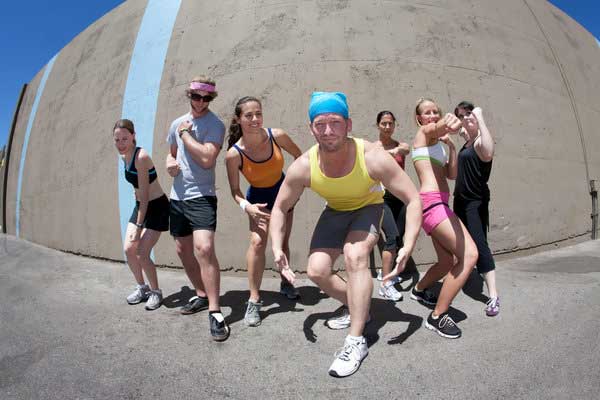When we gaze upon Olympic athletes performing at the pinnacle of their sports, we often witness a level of excellence that seems unattainable to most of us. Usain Bolt’s lightning speed, Michael Phelps’ unparalleled swim strokes – these athletes consistently deliver outstanding performances. But what sets them apart, and can sport psychology hold the key to their success?
In this article, we’ll delve into the minds of these champions, exploring the psychological factors that contribute to their triumphs. From motivation to confidence, from pressure management to mental preparation, we’ll uncover the strategies that enable athletes to perform at their very best. Join us on this journey through the fascinating world of sport psychology.

The Psychology of Winning
Motivation: Setting the Stage for Success
Motivation serves as the cornerstone of an athlete’s journey to success. However, mere aspiration to win often falls short. Olympic athletes rely on a structured approach to motivation, setting SMART goals that are Specific, Measurable, Achievable, Relevant, and Time-bound. These goals become the driving force behind their relentless pursuit of excellence. Personal bests and performance-related sub-goals keep them pushing their limits both in training and competition.
Building Confidence: The Athlete’s Secret Weapon
Confidence is ubiquitous among high-performing athletes, but it’s not just about self-assuredness; it’s about the belief in one’s abilities. Athletes bolster their confidence through experiences, modeling (emulating successful performances), and the power of imagery and self-talk. Visualizing success, using mantras, and receiving positive feedback from coaches all contribute to building an athlete’s self-confidence.
Knowledge is Power: Understanding the Sport and the Opposition
To excel, athletes must know their sport inside out, but they must also have insights into their opponents. The strategy of “Total Rugby,” as famously coined by Clive Woodward, emphasizes leaving no stone unturned in understanding the opposition’s strengths and weaknesses. This tactic enables athletes to make informed decisions and tactics during competition, enhancing their chances of victory.
Mastering the Mental Game
Performance Routines: Cultivating the Right Mindset
Athletes are adept at creating performance routines that help them get into the ideal mindset. These routines involve actions like mental rehearsal, using prompts, and visualizing contingencies. Athletes like Blanka Vlašić, the former high jump world champion, are known for their pre-competition routines, combining visualization with physical actions to boost motivation and confidence.
Self-Talk: Harnessing the Inner Voice
Self-talk is a potent strategy employed by athletes to manage their mindset during high-pressure situations. It encompasses motivational components, focusing on relevant performance cues, and even calming techniques like controlled breathing and relaxation. Athletes use self-talk to stay mentally sharp and composed when the stakes are high.
Handling Pressure: Thriving Under the Spotlight
Competing at the Olympics and World Championships brings immense pressure. Athletes must learn to manage anxiety effectively. Techniques such as relaxation exercises, controlled breathing, stretching, and even music and meditation help them stay composed. For instance, Michael Phelps’ pre-event music ritual is an example of how relaxation and motivation go hand in hand.
Conclusion
In the world of elite athletics, sport psychology is a potent tool embraced by athletes, coaches, and their support teams. It’s the science, study, and practice of mental preparation for sports, helping athletes unlock their full potential.
As we’ve explored, motivation, confidence, knowledge, performance routines, self-talk, and pressure management are the building blocks of a champion’s mindset. These strategies enable athletes like Usain Bolt, Michael Phelps, and Blanka Vlašić to consistently perform at the highest level, even when the world is watching.
In essence, sport psychology empowers athletes to harness the power of their minds, turning the mental game into a decisive factor in their quest for Olympic glory. As we continue to witness awe-inspiring feats on the world’s biggest sporting stages, we can appreciate the role of sport psychology in shaping these champions. It’s the unseen force behind their extraordinary achievements.
